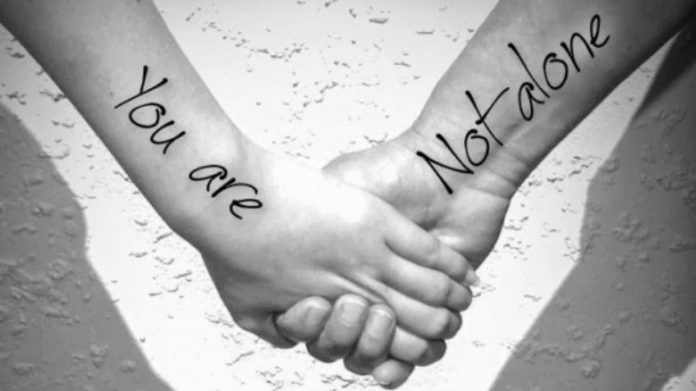
By Orville Williams
As millions of people across the globe recognised World Suicide Prevention Day yesterday, persons in Antigua and Barbuda were tasked with playing a greater role in recognising signs of suicidal thoughts and intervening where possible, to save lives.
More than 700,000 people around the world take their own lives each year, and three-quarters of all suicides take place in low and middle-income countries.
According to reports, an increasing number of people in many countries have been facing depression, anxiety and feelings of hopelessness, while substance abuse is also said to be on the rise.
The Covid-19 pandemic has also resulted in more people experiencing financial problems, neglect, domestic and other forms of abuse, along with other forms of trauma. These issues of course, are all contributors to suicide and suicidal thoughts.
According to Dr Jeff Jarosinski, a PhD in mental health who works at the American University of Antigua (AUA), it is not often that suicides come as a complete surprise, as there are some obvious cues that can be noticed in people who are contemplating taking their own lives.
“People who are suicidal often want to talk about it, they’re not trying to hide it from people. Over half of them have visited the physician in the last six months before they killed themselves, so we’re educating physicians to be more aware of this and to ask the question, ‘do you have any thoughts of killing yourself?’
“If they can’t say no right away, if they’re silent or hesitant, then they have had those thoughts. It might be thoughts of death or thoughts of actually killing themselves; there’s a difference. ‘If I get hit by a bus and I die, that would be okay,’ that’s a death wish, but it’s not a suicidal ideation.
“[These people] are willing to talk, they do want to change, they do want things to be different, so we as a public need to gain comfort with asking what may initially be an uncomfortable question.”
Even prior to World Suicide Prevention Day, the topic has been of recent concern in Antigua and Barbuda, following two apparent suicides involving young people just weeks ago.
In those cases, like countless others, the individuals appeared to be ‘okay’ to their loved ones, but Dr Jarosinski says that is another element that should be considered in identifying these situations.
“If people are feeling bad – they may have felt bad for days, weeks, months or sometimes years – and then you see a sudden shift in how they feel, it’s a sense of relief for them when they have decided and confirmed that they are actually going to kill themselves.
“There’s a type of relief that this whole struggle is done, they know how, when and where they’re going to do it [and] they have the means necessary to do it.
“If there’s that type of shift in them, then we need to take action soon. If they start giving away their possessions, [saying] things like ‘I really appreciate you’ or ‘I haven’t said how much I love you,’ we need to step in and get them help right away, because they’re far along in the suicidal ideation process,” he explained.
That advice was seconded by Counsellor, Koren Norton, who urged loved ones to be very careful and deliberate in providing the help they need.
“Encourage them to share how they’re feeling and be a supportive listener. Do not be judgmental or critical of their feelings, but rather, show compassion, reassure them that things can get better.
“If necessary, arrange for around-the-clock support, so that that person does not have to be alone. [Also], get professional help if needed [and] remember your intervention can save a life.”
Dr Jarosinski also warned that there is another major contributor to a noted rise in suicide and suicidal thoughts among adolescents, in the form of social media.
“If a person posts something on Instagram or [whichever] social media avenue, they do it because it’s remarkable.
“The adolescent looks at one Instagram post after another of these somewhat remarkable events, they compare their lives to these remarkable events and their lives fail in comparison. That contributes to feelings of failure and feelings of depression,” he warned.
According to the World Health Organisation (WHO), for each instance of suicide, there at least 25 more attempts, and each incident is also said to intimately affect at least six other people.
Further, while males are four times more likely to commitsuicide than females, women are said to be more likely to have suicidal thoughts.
